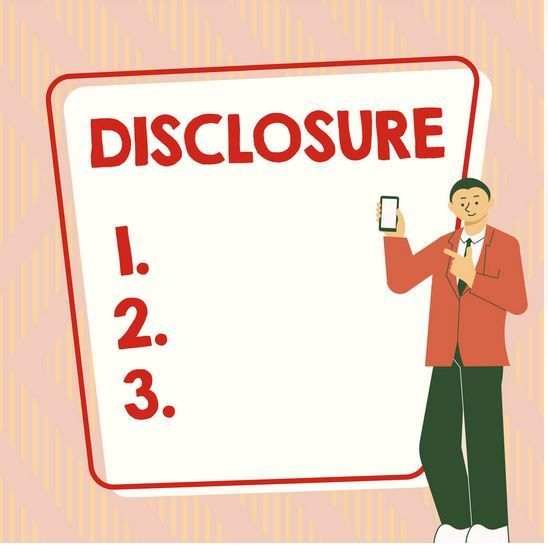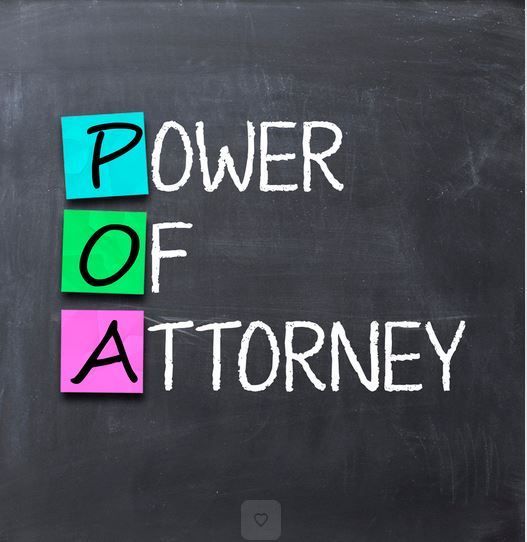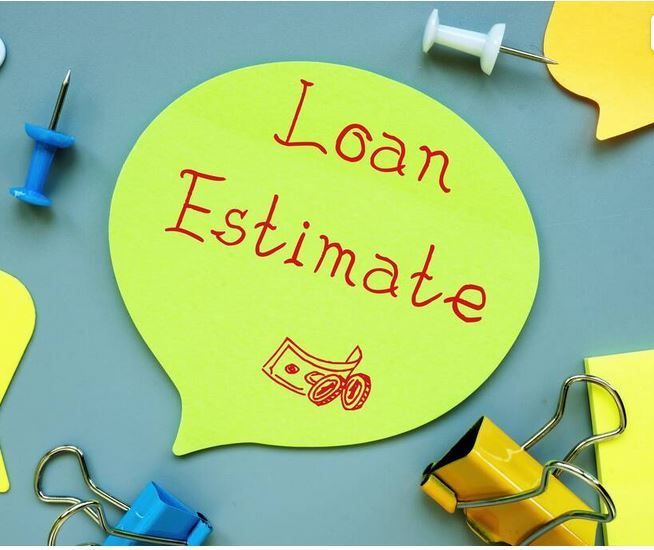The Intricacies of Glebe Land in Vermont Real Estate Transactions
In Vermont, a unique real estate concept known as "glebe land" or "perpetual lease land" plays a significant role. Originating in the 18th century, this concept has evolved, impacting real estate transactions in various ways. Let's delve into what glebe land is, its history, purposes, and implications in today's real estate market.
What is Vermont Glebe Land?
Glebe land in Vermont refers to land initially allocated for the support of a parish or church, traditionally used to generate income for religious ministers through the payment of a fixed rent. Over time, its usage extended to support public institutions like schools and the University of Vermont (UVM). These lands are often held on a lease basis, rather than outright ownership.
Historical Roots and Purposes
The concept of glebe land dates back to the early settlement days of Vermont. It was a European tradition brought to the New World, where land was allotted to support the clergy and later expanded to include educational institutions. The intent was to use the rental income from certain land to provide a sustainable financial model for essential services like education and religion.
- Support for the Gospel: Originally, a portion of these lands was designated to support religious activities and the livelihood of ministers.
- Educational Support: Eventually, glebe lands were used to fund public schools and higher education institutions, including UVM, Dartmouth and Middlebury, underlining Vermont's commitment to education.
- Other Public Services: Some portions also supported town infrastructure and other community needs.
The fixed rental amounts for glebe lands were set in the distant past and not indexed for inflation. As a result, the amounts today are considered so small and insignificant that rents are generally not paid or collected and no longer provide significant support for religious or public purposes. Despite this, the legal structure remains which can become an unpleasant surprise for people buying or selling property.
Impacts on Real Estate Sales
When dealing with glebe land, the complexity arises in real estate transactions. Buyers and sellers often expect to convey a "fee interest" - the outright ownership of property, including the land. However, with glebe land, the ownership situation can be different.
- Leasehold vs. Fee Simple: Glebe land transactions often involve leasehold interests, where the buyer gets rights to use the land but does not own it outright. This can be a point of confusion and requires careful explanation.
- Real Estate Challenges: This unique setup can affect financing, property value, ability to obtain title insurance and long-term planning for buyers and sellers.
Legislative Solutions and Remaining Challenges
Recent legislation in Vermont has attempted to address and simplify the complex nature of municipal lease land issues. These efforts have largely been successful for municipal lease lands, making it easier to handle such properties. However, they have not entirely resolved the challenges associated with glebe lands designated for religious purposes, higher education and for a few towns and cities which opted to retain municipal lease lands.
- Unresolved Issues: Particularly, lands supporting the gospel remain complex, as they are often still under church control or influence.
- Navigating the Complexity: Real estate professionals and buyers must be aware of these intricacies to navigate transactions effectively.
A Path Forward: Obtaining a Deed for the Fee Interest
One practical solution for those interested in glebe land, particularly land supporting the gospel, is to obtain a deed for the fee interest directly from the church or religious institution.
- Negotiating with the Church: This involves negotiating with the relevant religious bodies to purchase outright ownership of the land.
- Legal Assistance: Such transactions can be complex and benefit from the guidance of experienced real estate attorneys, particularly those familiar with Vermont's unique real estate laws.
Vermont's glebe land represents an interesting intersection of history, law, and real estate. Understanding this concept is crucial for anyone involved in real estate transactions in Vermont, whether buyers, sellers, or professionals in the field. With informed strategies and legal guidance, navigating these unique properties can be a smoother, more predictable process.











